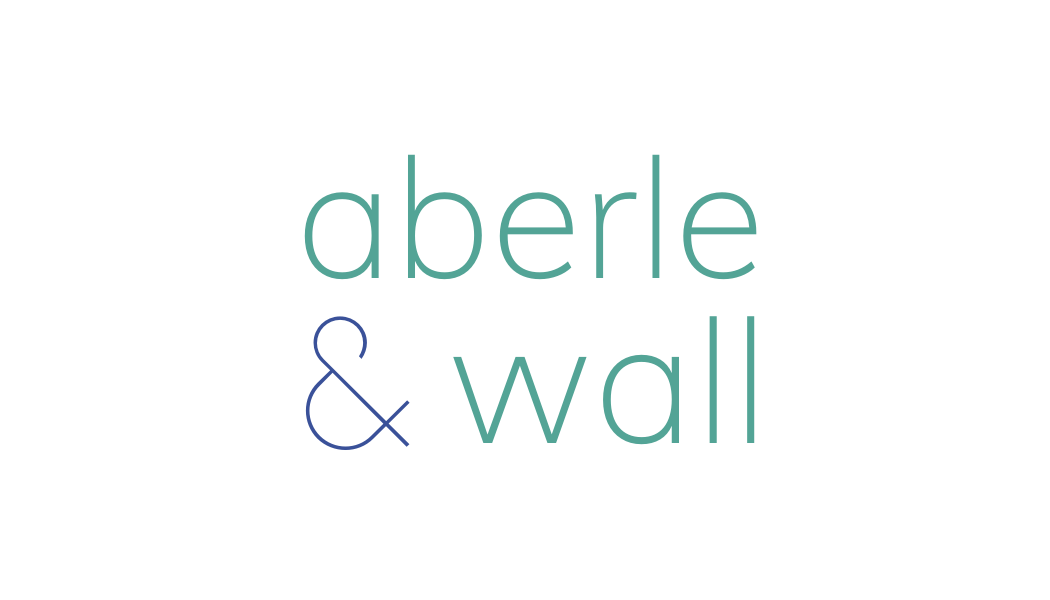Appeals to Superior Court
Many misdemeanor cases are handled in District Court where your case may have been decided in a bench trial. A bench trial means that it is a District Court Judge, rather than a jury, who decides whether to find you guilty or not. If you lost your criminal case in District Court, you may still have time to file an appeal in Superior Court and get the opportunity to have your case heard again in front of a jury of your peers. North Carolina General Statute 15A-1431 states that a notice of appeal may be given orally in open court or by notice in writing within 10 days of the entry of judgment.
When an appeal is timely filed, the judgment is stayed, which means that you will not have to serve your active or probationary sentence unless you dismiss your appeal and remand your case from Superior Court back to District Court. If you have questions about whether you can or should appeal your case, contact us immediately to determine whether you still have time.
Appeals to the Court of Appeals and North Carolina Supreme Court
If you or a loved one pleads or is found guilty in Superior Court, you have 14 days to enter a notice of appeal to have your case heard by the North Carolina Court of Appeals. Though the appellate courts will not necessarily review the facts of your case, your attorney may be able to find legal, statutory, and constitutional errors that could entitle you to some relief, including the possibility of having your conviction reversed. Contact us for a free consultation to determine what your appellate rights are.
Motions for Appropriate Relief
In some rare circumstances, you might be able to have your case reopened even after the time to appeal has expired. North Carolina General Statutes 15A-1411 through 1422 detail a legal action entitled: Motions for Appropriate Relief. This motion can give a District or Superior Court the ability to correct certain types of legal, statutory, and constitutional errors that may have existed in a case. Sometimes even convictions obtained through guilty pleas can be reversed or vacated because of a significant error. There are very limited grounds for a Motion for Appropriate Relief, but contact Aberle & Wall for a free consultation to discuss whether you might qualify.

